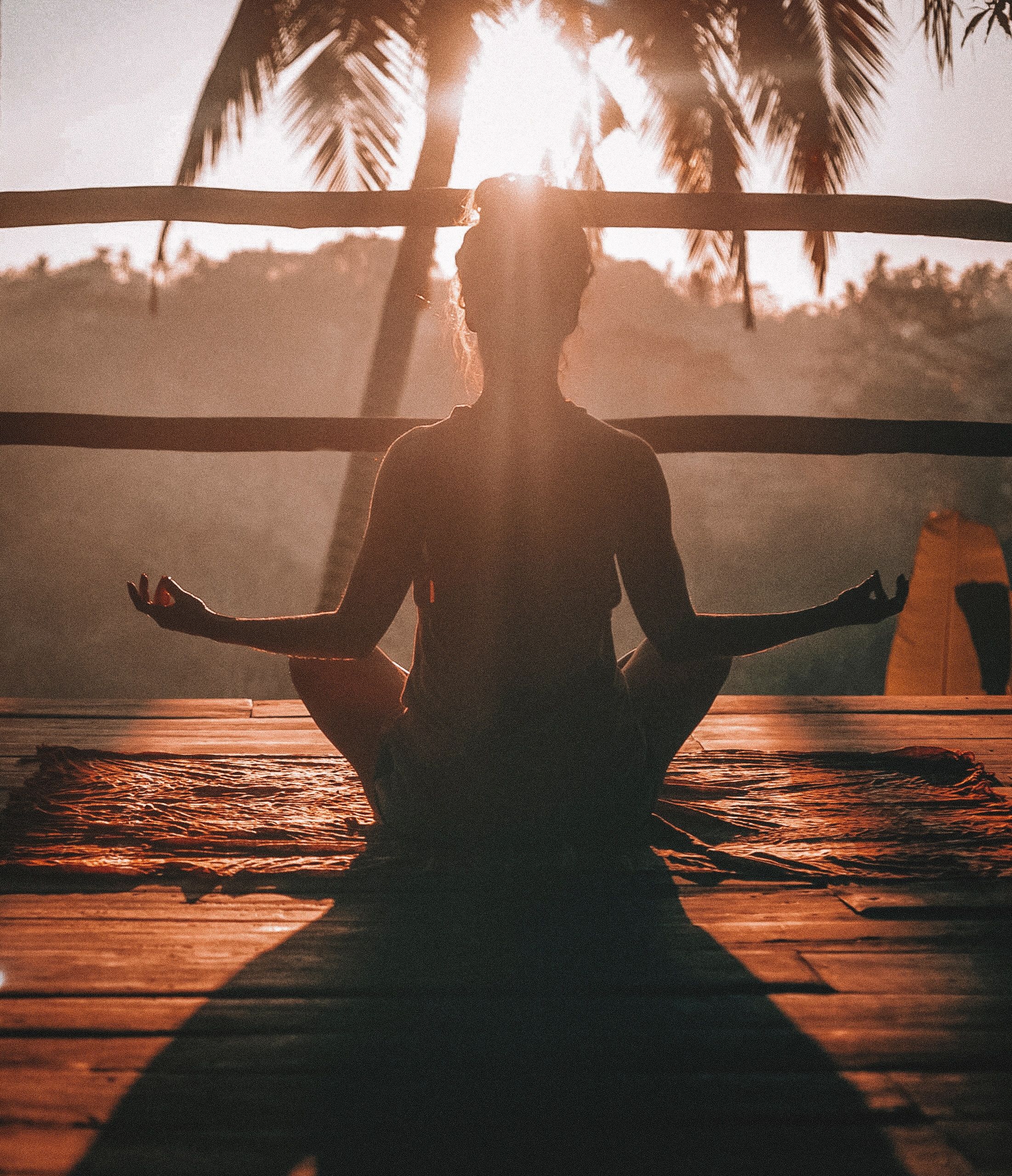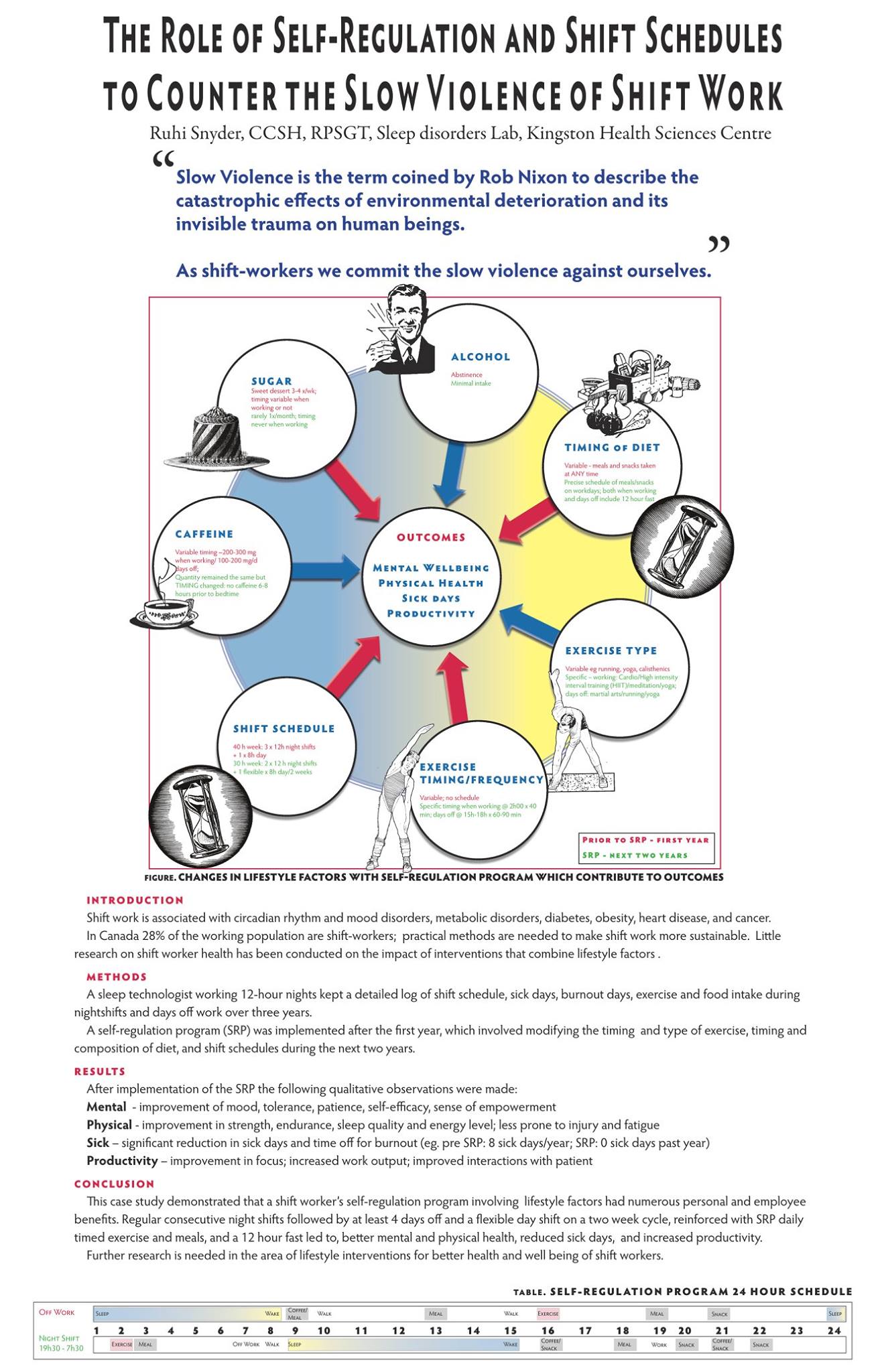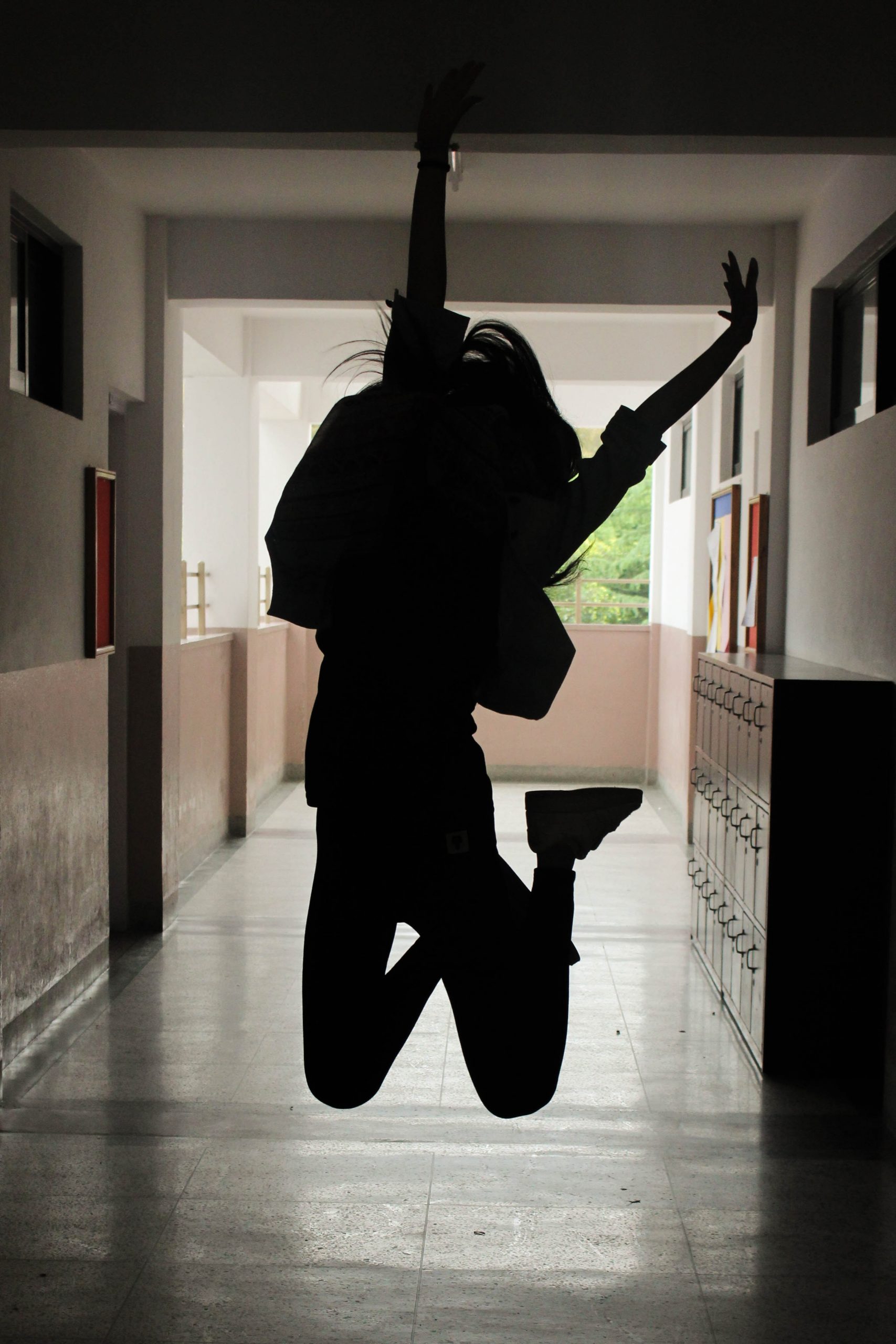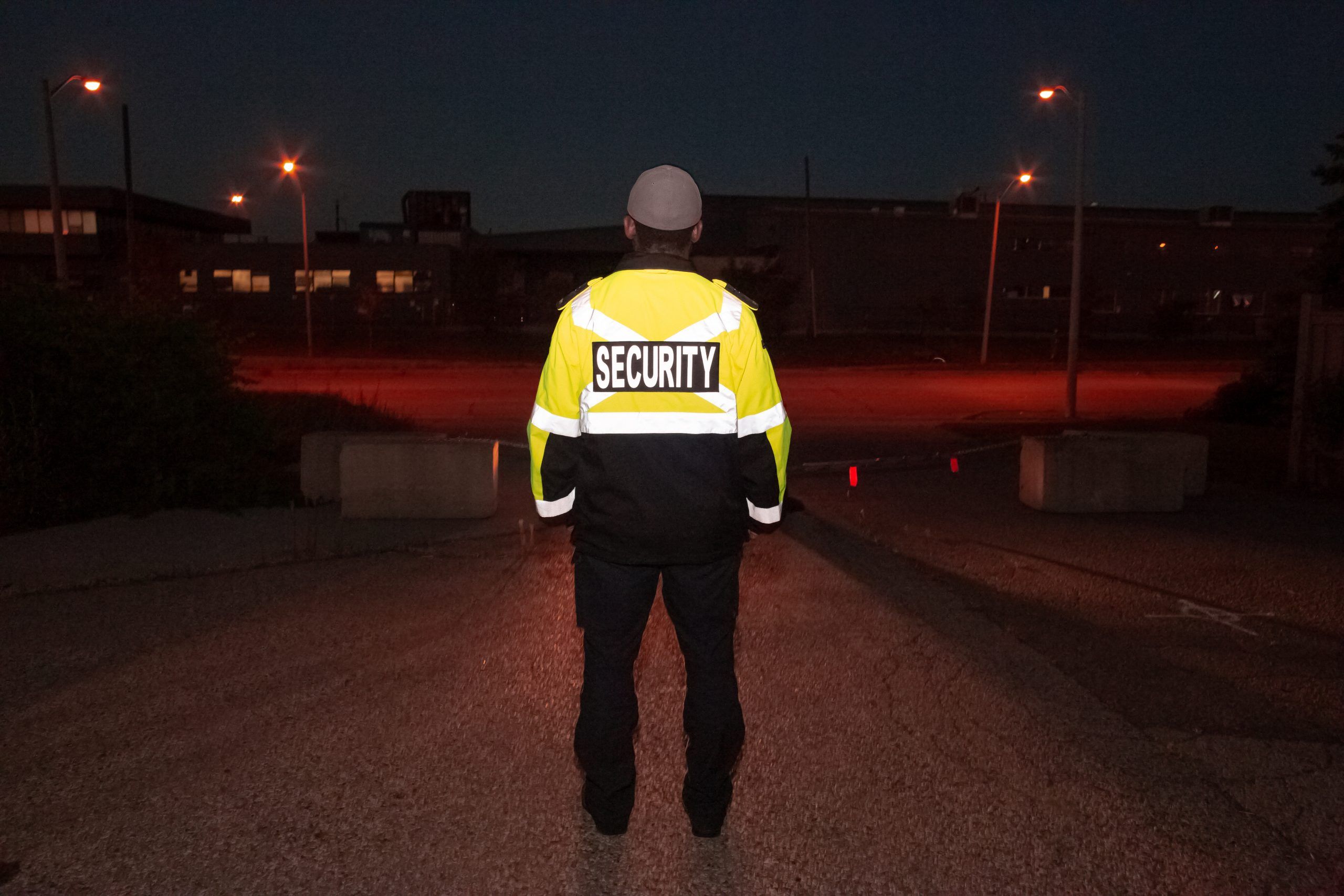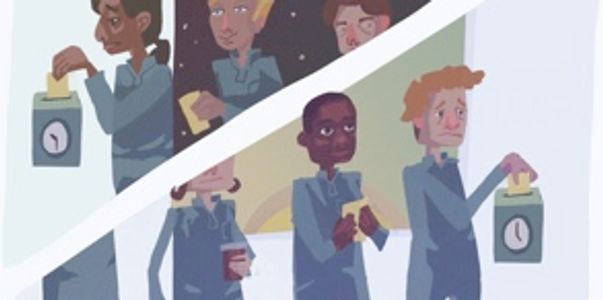Let the Teenagers Sleep for We are Making Hamlets of Them All
LET THE TEENAGERS SLEEP FOR WE ARE MAKING HAMLETS OF THEM ALL
To sleep, perchance to dream,” Hamlet laments to himself in Shakespeare’s famous play. While some have interpreted the quote as being about the protagonist worrying about carrying his troubles to the grave, I see something else: an insomniac. Even worse, I see an insomniac whose lack of sleep is leading to an increasingly unhinged state of mind. Those who have read Hamlet know how it ends (and it’s not pretty).
Whether or not Hamlet was a teenager remains hotly contested, the fact is that too many young people are struggling in their own ways thanks to a lack of sleep. A teenager’s real-world clock – that is to say the clock our world expects them to adhere to, rather than their biological one – can start early. For some, it’s as early as 6 or 7am, and is earlier for those who compete in swimming or who play hockey. For others, long commute times to school can also require an early wake up time.
The first bell for most high schools in Ontario currently goes off at 8:30am, with the day wrapping by 2:37 or so. Many then stay behind to pursue extracurricular activities, resulting in kids not stepping through their front doors until well after 4pm – even later for those who play organized sports or who participate in other activities. Many teenagers say that the two to three hours of homework that follow are the most significant barrier to them getting a good night’s sleep.
Not wanting to miss out on social media, young people have stated that their window for scrolling their friends’ feeds is midnight to 2am. They say this is the only uninterrupted time they have where they can decompress.
The result, of course, is that too many of our young people are deeply sleep deprived. On weeknights, many teenagers report that their average total sleep time is 6- 7 hours. And while many may sleep on the weekends, this ongoing deprivation/restriction is a tough thing to make up for, especially for those who have jobs.
The other challenge is the teen habit of staying up late and waking late on the weekends, delaying their already misaligned circadian clocks.
The fact remains that teenagers need anywhere from 8.5 to 9.5 hours of sleep daily. During adolescence, their circadian clocks are delayed and their drive to sleep builds up slowly. Young people generally want to go to bed later and wake up later than adults do. The problem, of course, is that their social clocks are totally out of sync with their biological clocks. As a result, they are living in a constant state of bio-deregulation caused by sleep deprivation, sleep restriction and misaligned circadian clocks. The result is making Hamlets of them all.

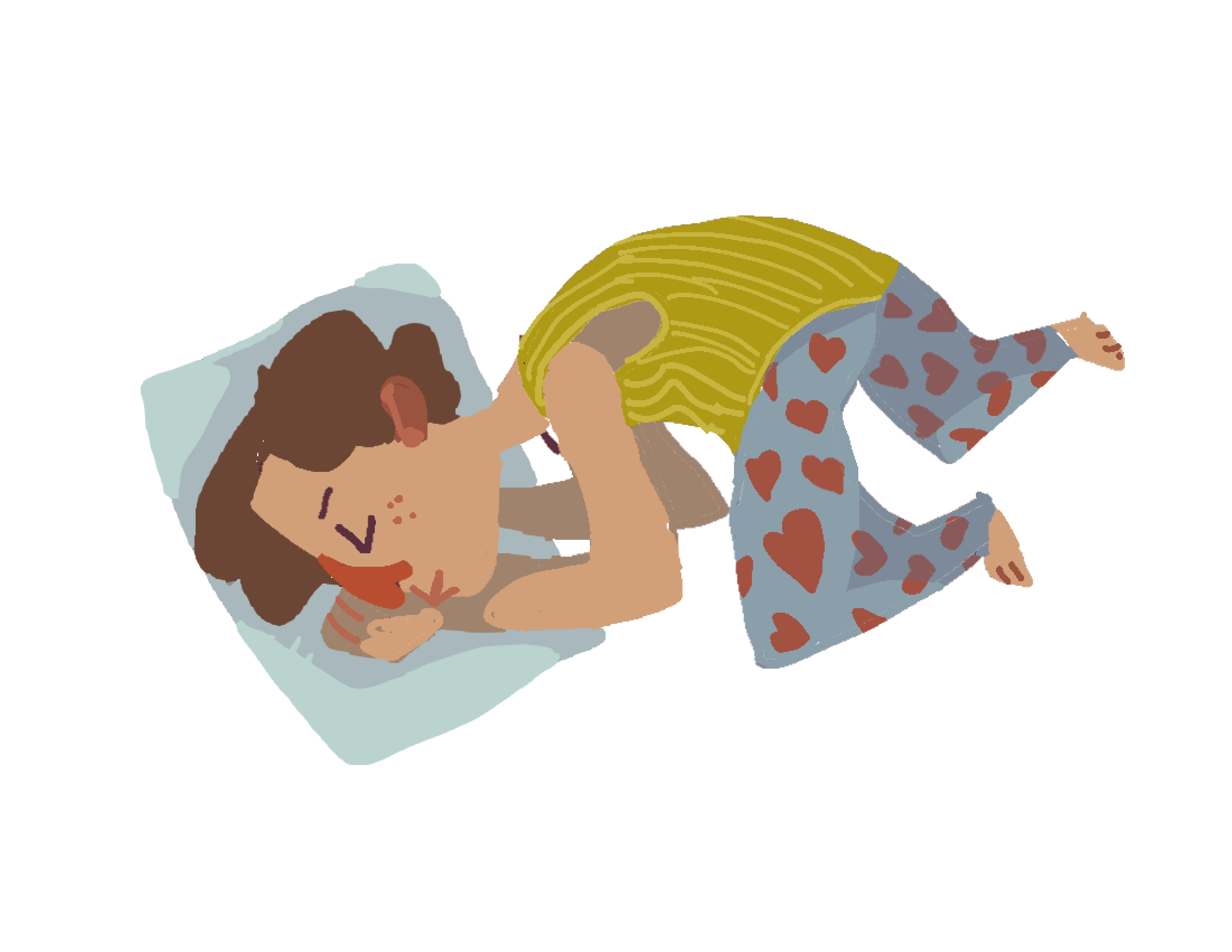
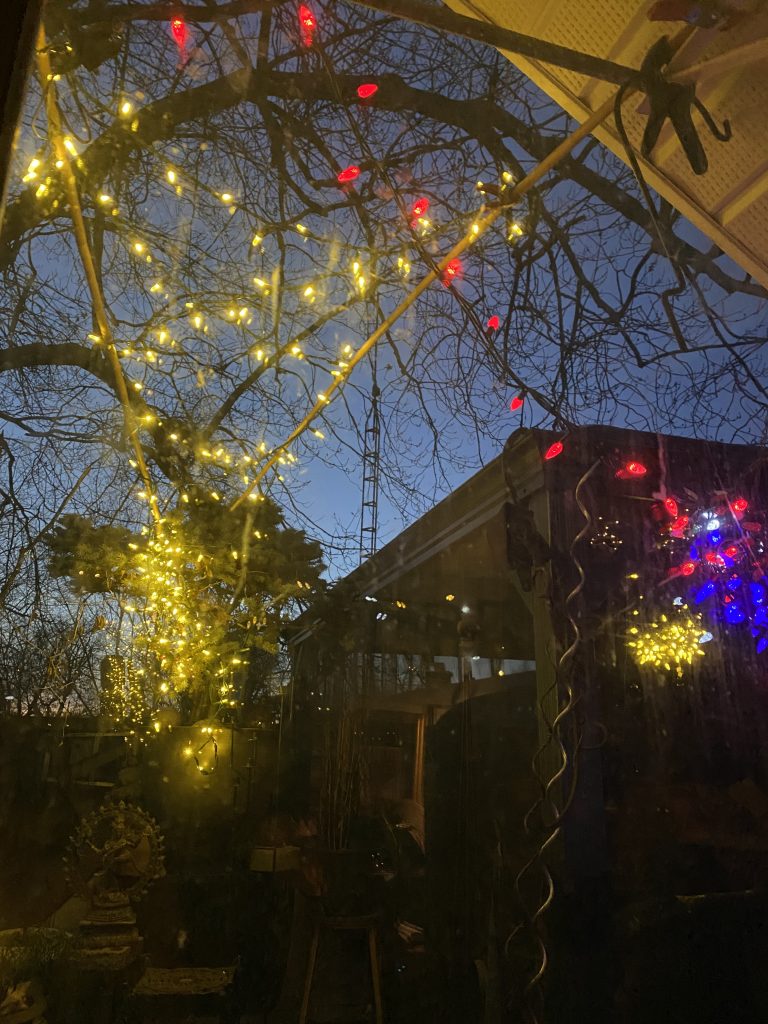 Seasonal Affective Disorder or SAD (an appropriate acronym) or Winter Blues occurs with the change in seasons as the days get shorter, greyer, and darker. There is a general feeling of lack of motivation and energy and it is often accompanied by sadness, anxiety, increased sleep duration, lack of concentration and weight gain. Morning light therapy has proven to be more effective (10,000-lux light treatment in 30 minute sessions) in conjunction with consistent sleep time (Principles and Practice of Sleep Medicine, 5th edition). If you are a shift worker light therapy is not a good option as your circadian clock is already misaligned and you do not have the luxury of consistent bedtime. Being a shift worker, I had to be inventive.
Seasonal Affective Disorder or SAD (an appropriate acronym) or Winter Blues occurs with the change in seasons as the days get shorter, greyer, and darker. There is a general feeling of lack of motivation and energy and it is often accompanied by sadness, anxiety, increased sleep duration, lack of concentration and weight gain. Morning light therapy has proven to be more effective (10,000-lux light treatment in 30 minute sessions) in conjunction with consistent sleep time (Principles and Practice of Sleep Medicine, 5th edition). If you are a shift worker light therapy is not a good option as your circadian clock is already misaligned and you do not have the luxury of consistent bedtime. Being a shift worker, I had to be inventive.

